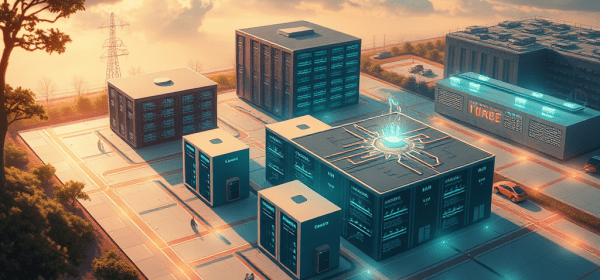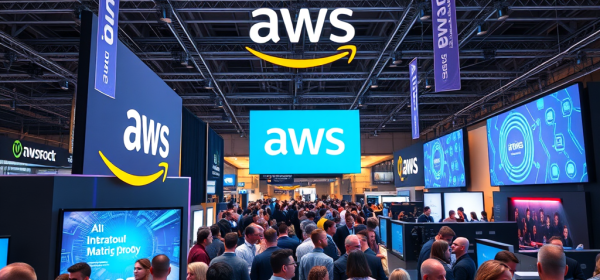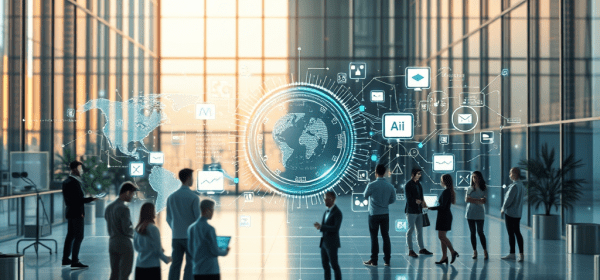Anthropic is transforming AI safety by introducing a constitution for its Claude model, which emphasizes understanding the reasoning behind ethical boundaries rather than merely obeying rules. This shift aims to enhance transparency and accountability, allowing AI to communicate its principles and making it more aligned with human values, fostering trust in AI systems.














